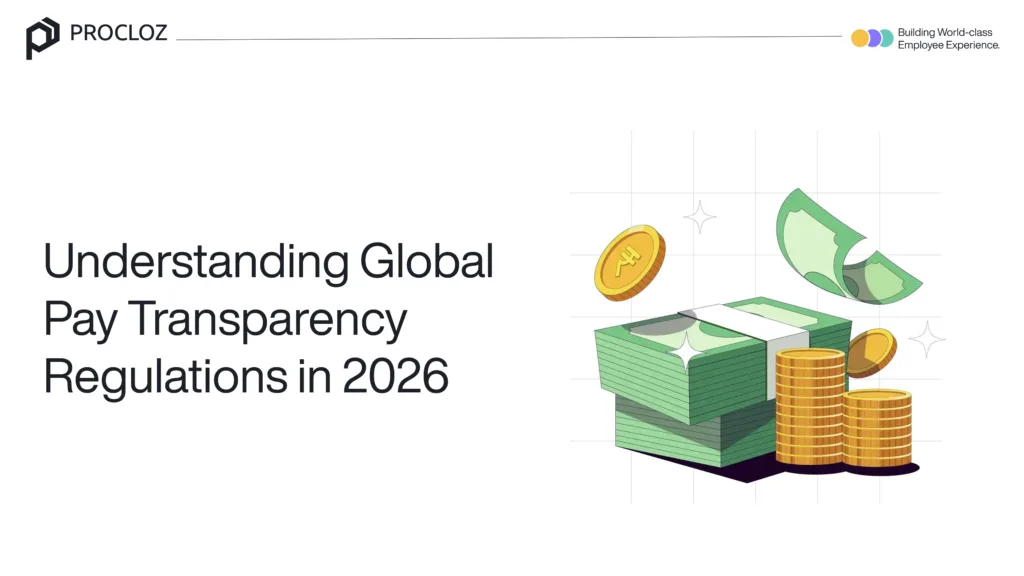Taking your business abroad is an electrifying achievement, but it’s also riddled with intricacies that can bring progress to a standstill or even disrupt growth. For American companies in 2025, expanding abroad equates to dealing with changing regulations, controlling distributed teams, and remaining compliant everywhere while ensuring operations remain lean and affordable. A well-structured global expansion strategy is the difference between fast growth and unwarranted delays.
Here’s how you can sidestep common traps and create a smart global expansion strategy that accommodates today’s fast-paced business world.
Navigating Compliance Issues Across Borders
Staying compliant with local rules and regulations is one of the greatest global expansion challenges. Nations vary immensely in the way they address taxes, employment contracts, reporting, and benefits. One miscalculation can result in fines or damaged relations with employees.
For instance, compliance with payroll in countries such as New Zealand or Australia requires awareness of domestic requirements. This is where specialist providers of Payroll in New Zealand or Payroll in Australia can take the weight off by processing filings, tax deductions, and reporting.
American companies too can take advantage of online payroll services that incorporate local legislation into automated systems, ensuring accuracy and decreasing administrative burden.
Steering Clear of Legal and Administrative Overload
Establishing a foreign entity is more than documents—it entails ongoing care and attention to legal requirements such as corporate filings, insurance regulations, and contract administration. Without experienced local resources, management can become bogged down quickly by these non-core responsibilities.
An intelligent global expansion strategy includes using employer of record providers that manage recruiting, hiring, and compliance without opening a legal entity in each market. These providers enable companies to concentrate on expansion while remaining shielded from regulatory traps.
Reducing Costs Without Compromising Compliance
Establishing operations abroad may be expensive. Fees for registration, local office rental, and recruiting specialists can deplete capital, particularly for small and new firms.
Using payroll and compliance outsourcing through reputable payroll services provides an inexpensive way out. Cloud-based applications allow companies to conduct payroll in various regions with little overhead. Expanding this way not only accelerates market penetration but also reduces initial investments.
Speeding Up Market Entry
Old-school expansion techniques can take months or even years, costing you opportunities and heightening competition. Today’s businesses require faster, more agile solutions for entering new markets.
Through collaborations with international payroll providers or EOR services, you can skip lengthy incorporation periods and begin hiring and selling in a snap. These services also simplify processes such as visa approval, banking arrangements, and benefits administration, enabling you to get on the ground running quickly.
Remaining Agile as You Expand
After you’ve set up operations overseas, growth doesn’t level off, it ramps up. But entity-based configurations risk building inflexible frameworks, hindering expansion or requiring costly reconfigurations.
An adaptable global expansion strategy includes scalable payroll options and temporary contracts. This allows your company to shift headcount or expand into new markets without the constraints of permanent ownership of entities. Outsourcing services allow you to shift direction as required without hesitation.
Eliminating Hidden Administrative Overheads
Payroll taxes, benefit administration, and continuous reporting aren’t time-consuming— they’re error-prone. Without proper systems in place, administrative work can quickly get out of hand.
Automated payroll solutions and compliance professional partners minimize these risks. By outsourcing document management, tax compliance, and employee onboarding, companies can maintain strategic focus while ensuring operations are seamless.
Frequently Asked Questions: Global Expansion Strategy Edition
1. How do I maintain compliance when entering new markets?
Collaboration with suppliers that provide local payroll services, such as Payroll in New Zealand or Payroll services in Australia, can ensure that tax rules and labor laws are complied with. Online payroll software may include compliance elements to automate submission and prevent expensive errors.
2. What are the benefits of employer of record services?
Employer of record services enable you to employ people in new geographies without establishing a legal entity. It minimizes setup expenses, accelerates market entry, and lowers administrative overhead without sacrificing compliance and responsiveness.
3. How do I manage costs during international expansion?
Employing cloud-based payroll tools and outsourcing back-end tasks enables you to shun costly initial investments. Compare pricing plans, e.g., per-employee vs flat-fee plans, and examine virtual office configurations in order to cut down on ongoing costs.
Final Thoughts
A smart global expansion strategy is not only about venturing into new markets, it’s about venturing into them correctly. For US companies in 2025, grasping the regulatory framework, utilizing technology, and making the right partners can turn expansion into a daunting challenge into an efficient growth opportunity.
With solutions such as payroll services, employer of record providers, and compliance automation tools, you can expand globally with confidence, skip costly errors, and open up new markets quicker. Create a strategy that balances compliance, cost-effectiveness, and adaptability, and you’ll be on the way to long-term success.
Find out how professional payroll services and expansion partners can assist you in expanding without headaches, freeing your time to do what matters most: growing your business.




